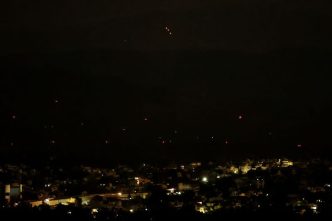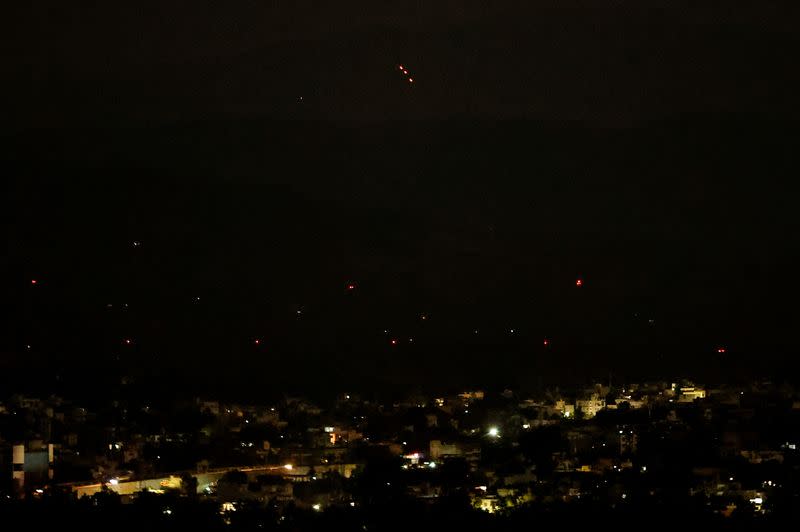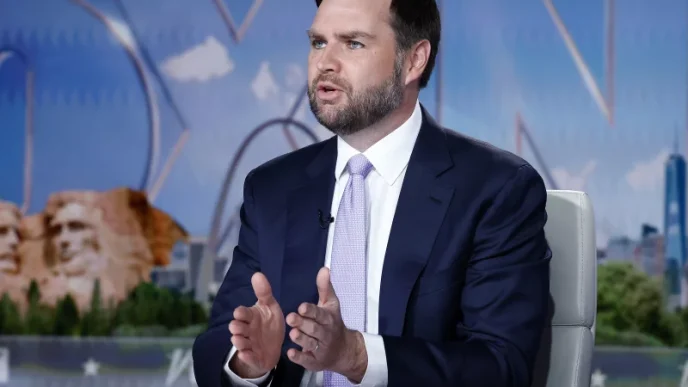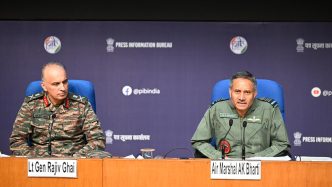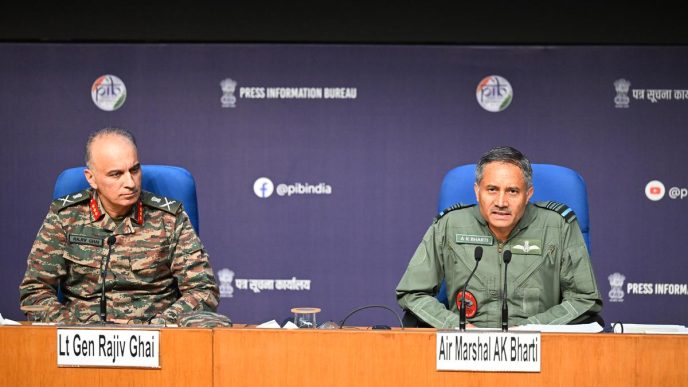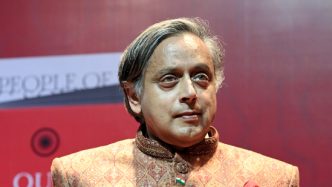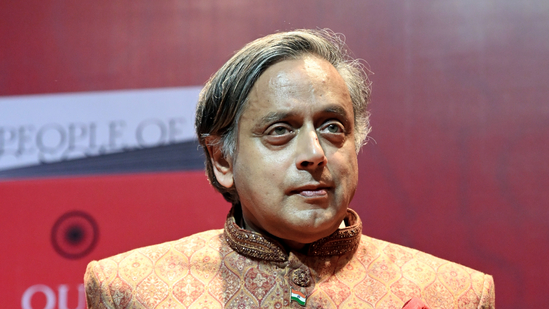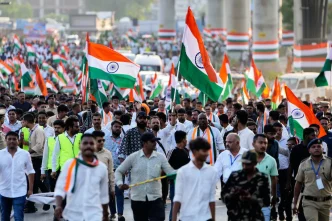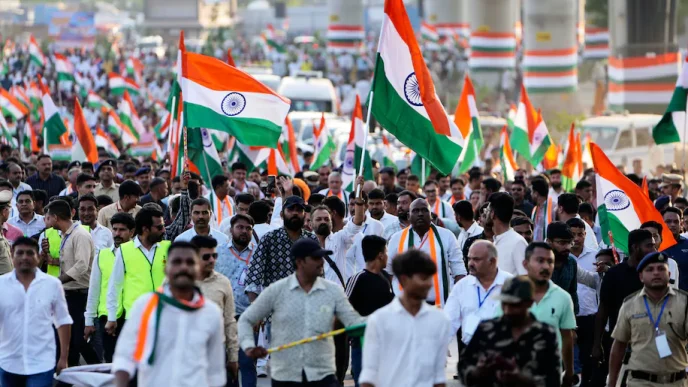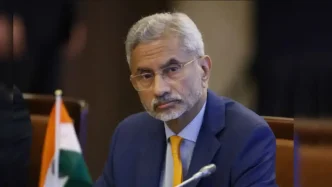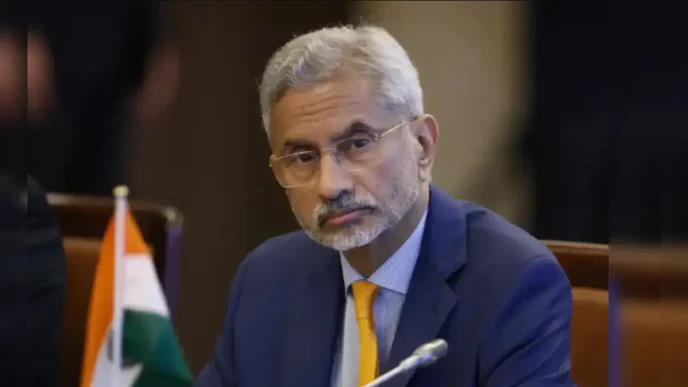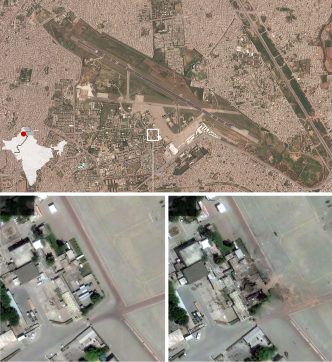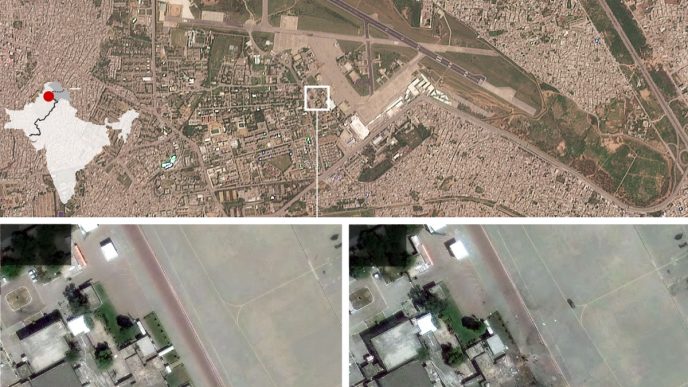ISLAMABAD/NEW DELHI, May 10 After four days of warfare and pressure from the United States, nuclear-armed neighbours India and Pakistan agreed to a truce on Saturday. However, within hours, bombs exploded in border towns and cities, and India accused Pakistan of breaking the agreement.
Similar to the previous evening, authorities, residents, and Reuters witnesses reported seeing artillery fire and attack drones in Jammu and Kashmir, the epicentre of much of the fighting, as well as booms from air-defense systems reverberate in places under darkness.
Vikram Misri, the foreign secretary of India, informed reporters that Pakistan had broken the agreement reached between the two nations earlier in the day and that the Indian military had been directed to “deal strongly” with any recurrence.
“We call upon Pakistan to take appropriate steps to address these violations and deal with the situation with seriousness and responsibility,” Misri said at a press conference.
Pakistan’s foreign ministry responded by accusing India of violating the ceasefire and stating that Pakistan was dedicated to it. “Our forces are handling the situation with responsibility and restraint,” added the statement.
Additionally, the ministry urged troops on the ground to use moderation and stated that any problems with the ceasefire’s implementation should be communicated at the proper authorities.
Requests for comment were not immediately answered by Pakistan’s military spokesperson.
In one of the most unstable and heavily inhabited areas of the world, the conflict between the longstanding South Asian adversaries has been at its worst in almost thirty years and has the potential to turn into a full-scale conflict.
When Pakistan’s military announced that a top council monitoring its nuclear weapons will convene, there were momentary concerns that nuclear arsenals would be used.
Hours after a night of intense combat in which the two nations targeted each other’s military bases and the total number of civilian deaths reached 66, the defence minister stated that no such meeting was planned.
“Pakistan and India have agreed to a ceasefire with immediate effect,” Ishaq Dar, the foreign minister, wrote on X. “Pakistan has always strived for peace and security in the region, without compromising on its sovereignty and territorial integrity!”
According to Misri, the leaders of the two nations’ armed forces had conferred and decided that all combat would end by 5 p.m. Indian time (1130 GMT).
“I am happy to announce that India and Pakistan have agreed to a FULL AND IMMEDIATE CEASEFIRE after a long night of talks mediated by the United States,” U.S. President Donald Trump said on social media. Kudos to both nations for applying great intelligence and common sense.
DIPLOMACY AND HOTLINES
Dar told the network Geo News that the deal was facilitated by three dozen countries and that military channels and hotlines between India and Pakistan have been enabled.
Two weeks after an attack on Hindu tourists in Indian Kashmir killed 26 people, India launched an offensive on what it claimed was “terrorist infrastructure” in both Pakistan and Pakistani Kashmir on Wednesday.
India accused Pakistan of being complicit in the attack, while Pakistan refuted the allegations. Days of shelling, drone and missile assaults, and cross-border firing ensued.
Two Indian government officials told Reuters that the punitive measures, including trade suspension and visa cancellations, that India imposed and Pakistan reacted would continue for the time being notwithstanding the truce.
According to the sources, India would continue to suspend the 1960 Indus Waters Treaty, a crucial water-sharing agreement that was put on hold following the attack in Kashmir.
A request for response from the Indian foreign ministry was not answered.
Over the course of 48 hours, U.S. Secretary of State Marco Rubio and Vice President JD Vance met with Pakistan’s Shehbaz Sharif and Indian Prime Minister Narendra Modi, as well as Indian Foreign Minister Subrahmanyam Jaishankar, Pakistan’s army chief Asim Munir, and the two
national security advisers.
Discussions to be held at Neutral Venue
Rubio praised Modi and Sharif for the deal in a post on X, stating that it featured the beginning of negotiations on “a broad set of issues at a neutral site” in addition to an immediate ceasefire.
Both sides of the border expressed satisfaction upon hearing of the ceasefire, and Pakistan’s airport authorities said that all of its airspace was once again available.
However, the ensuing infractions caused concern in India.
“How in the world did the ceasefire just end? “Detonations can be heard all over Srinagar!!!” Indian Kashmir Chief Minister Omar Abdullah wrote on X. “This is no ceasefire. The air defence units in the middle of Srinagar just opened up.”
Since 1947, when British colonial authority came to an end, India and Pakistan have been embroiled in a conflict over Kashmir. Both Muslim Pakistan and Hindu-majority India claim Kashmir in its entirety, yet they only govern a portion of it.
In addition to other lesser skirmishes, they have fought three wars, including two over Kashmir.
Tens of thousands have been slain in an insurgency in India’s portion of Kashmir that started in 1989 and is attributed to Pakistan. Attacks in other parts of India are also attributed to Pakistani Islamist militant groups.
Pakistan denies both accusations. It claims to solely offer Kashmiri separatists diplomatic, political, and moral support.
Gibran Peshimam, Charlotte Greenfield, and Saeed Shah reported from Islamabad, Ariba Shahid from Karachi, Asif Shahzad from Muzaffarabad, Shivam Patel from New Delhi, Aftab Ahmed from Jammu, Fayaz Bukhari from Srinagar and Saurabh Sharma from Amritsar, Rishabh
Jaiswal and Kanjyik Ghosh from Bengaluru, and Mark Potter, Kevin Liffey, Louise Heavens, and Matthew Lewis edited the article.
